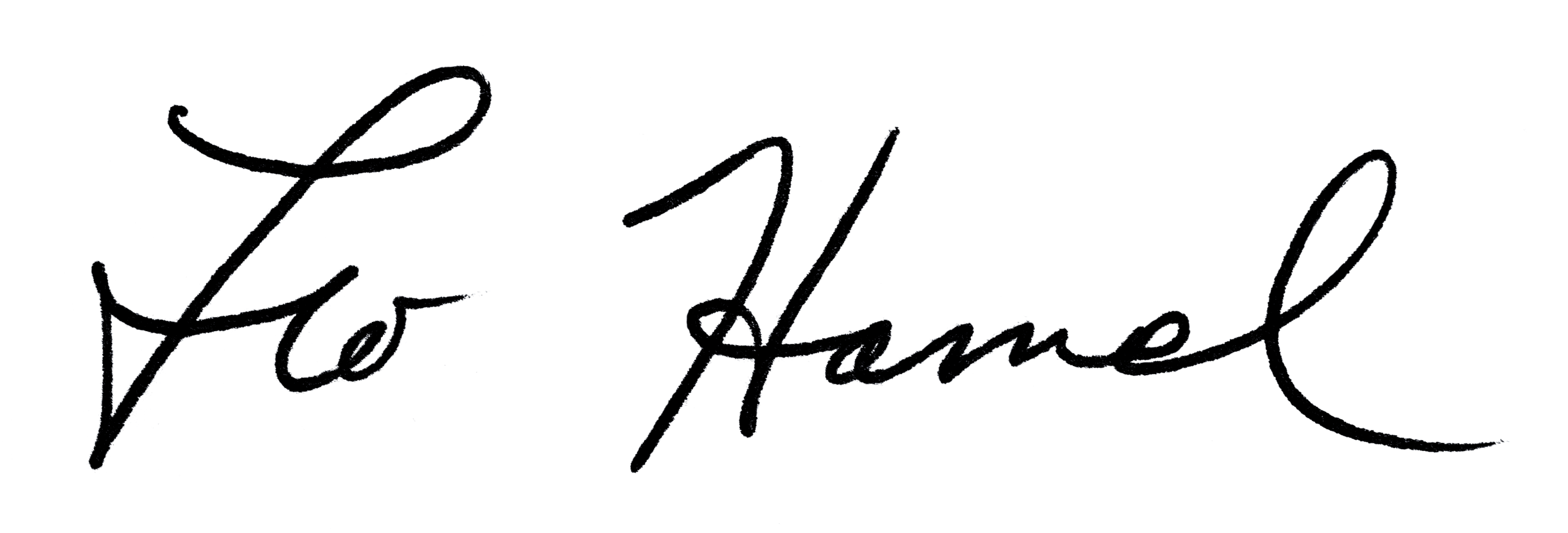
Leo Hamel Fine Jewelers Policy Letter
Greeting Customers in the Buy Offices
When customers come in to one of our buy offices to sell items, it is our job to make sure their experience with us is completely professional and comfortable.
We should treat our “estate/buy” customers like we do our retail customers.
They need to be appropriately greeted and directed to help themselves to a refreshment or snack. Our offices tend to get busy so warmly greeting the customer, telling them you will be with them as soon as possible and offering them something to drink will put them at ease and make their wait more enjoyable. The more hospitable and respectable you are with your buy customers, the more likely they will be less irritable about waiting and more open to discussing selling their items to you.
From now on, when a customer enters the buy office, do the following:
- If you are with a customer already, excuse yourself and say you will be right back so you can greet the customer that just walked in.
- Stand up and walk over to the new customer and smile.
- Warmly greet them with a hello and introduce yourself.
- Ask the customer how you can help them.
- Offer them some refreshments and snacks and show them where they are. Beer and wine will be kept out of sight in order to discourage theft, but offer it to customers if appropriate.
- Direct them over to your office or if you are with a customer already, tell them you will be with them shortly.
This is mandatory to do with every customer that comes in.
There is no reason why we can’t take a few seconds to be friendly and hospitable to our waiting customers. Many people are very uncomfortable already with having to sell their valuables so it is to our benefit to make them feel at home.
Reciprocity
The following explains The Science behind offering snacks and drinks to customers:
Reciprocity is a social norm of responding to a positive action with another positive action, rewarding kind actions. As a social construct, reciprocity means that in response to friendly actions, people are frequently much nicer and much more cooperative than predicted by the self-interest model…, it inspires subconscious reciprocity. If a snack or drink is placed on a table, he or she will subconsciously want to return the favor: “They were generous with their bread, so now I’ll be generous with them.” It puts customers in a generous frame of mind.
The power of reciprocity
Reciprocity is not only a strong determining factor of human behavior; it is a powerful method for gaining one’s compliance with a request. The rule of reciprocity has the power to trigger feelings of indebtedness even when faced with an uninvited favor and irrespective of liking the person who executed the favor. In 1971, Dennis Regan tested the strength of these two aspects of reciprocity in a study where participants believed they were in an art appreciation experiment with a partner, Joe, who was really Regan’s assistant. During the experiment, Joe would disappear and bring back a soft drink for the participant. After this phase of the experiment was over, Joe would ask the participant to buy raffle tickets from him. The more the participants liked Joe, the more likely they were to buy raffle tickets from him. However, when Joe had given them a soda and thus indebted them to reciprocate, it made no difference whether the participants liked Joe or not, the rule of reciprocity overpowered liking Thus, individuals who we might not even like have the power to greatly increase our chances of doing them a favor simply by providing us with a small gift or favor prior to their request. Furthermore, we are obliged to receive these gifts and favors which reduces our ability to choose to whom we wish to be indebted.
In 1976, Phillip Kunz demonstrated the automatic nature of reciprocity in an experiment using Christmas cards. In this experiment, Kunz sent out holiday cards with pictures of his family and a brief note to a group of complete strangers. While he expected some reaction, holiday cards came pouring back to him from people who had never met nor heard of him and who expressed no desire to get to know him any better. The majority of these individuals who responded never inquired into Kunz’s identity, they were merely responding to his initial gesture with a reciprocal action.
